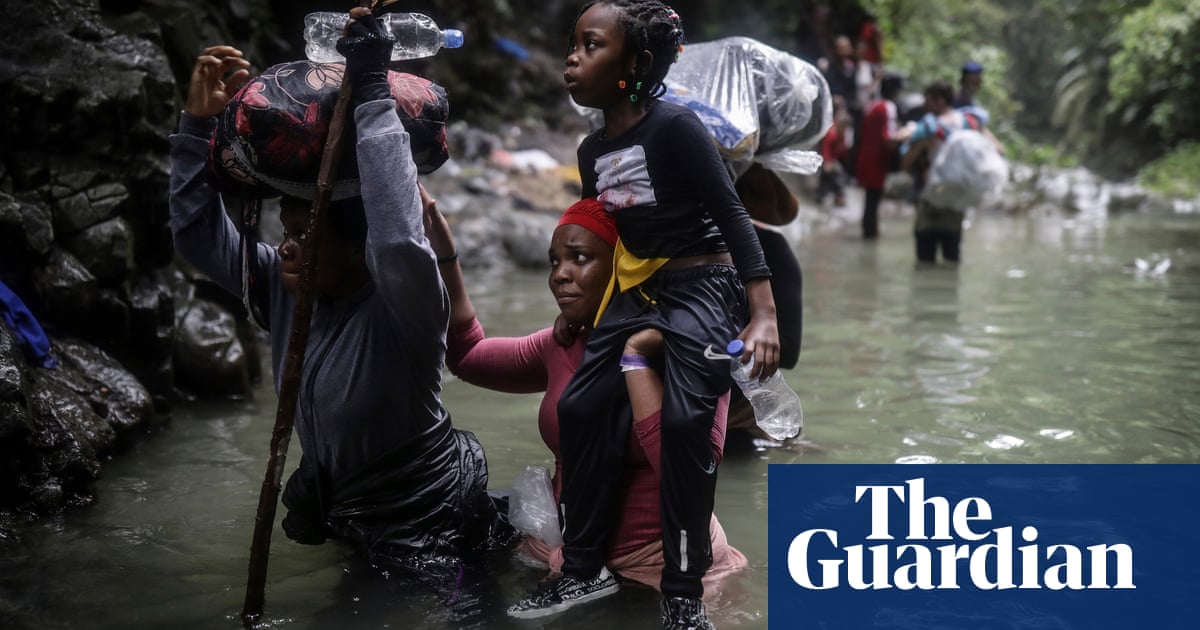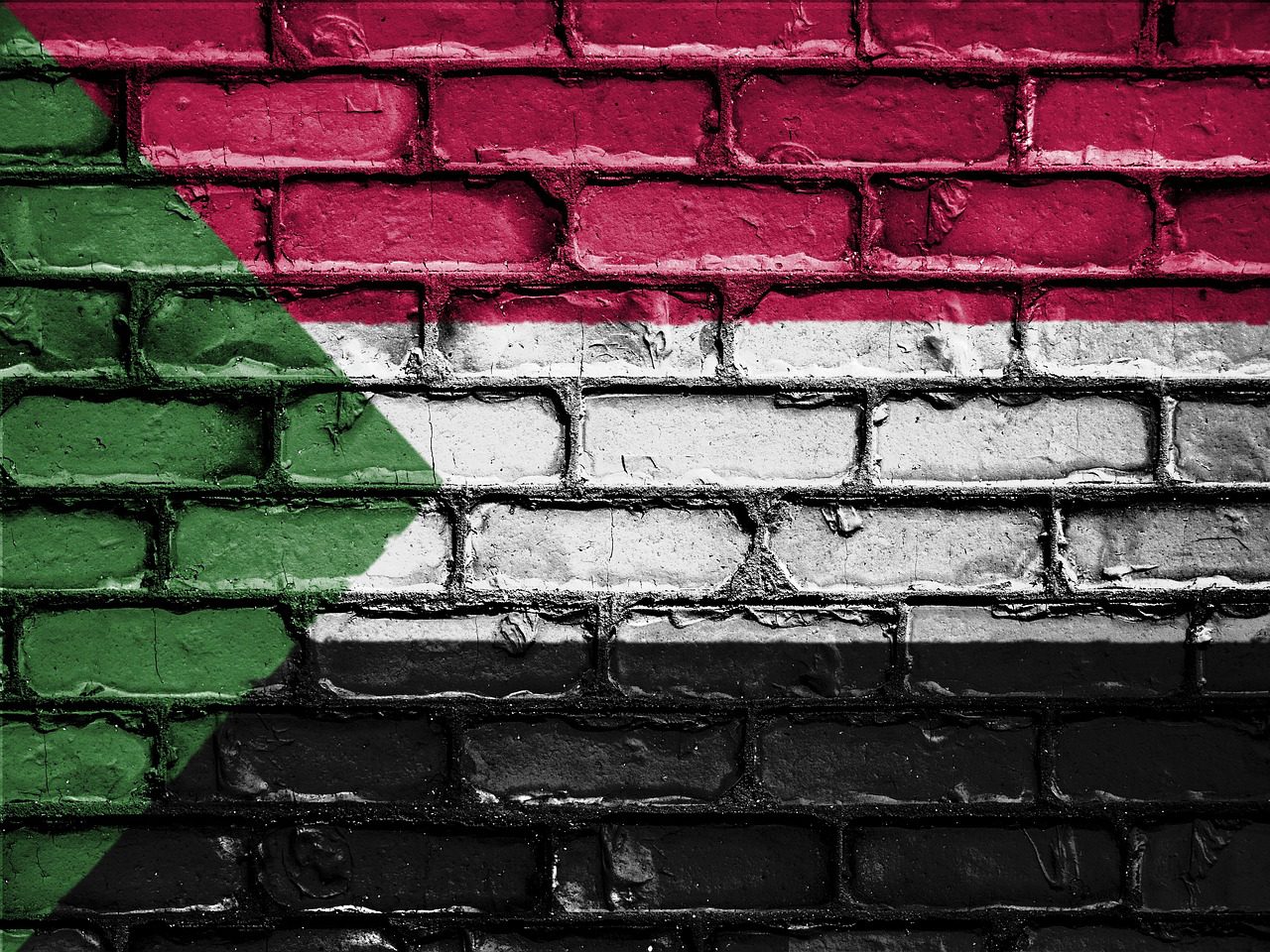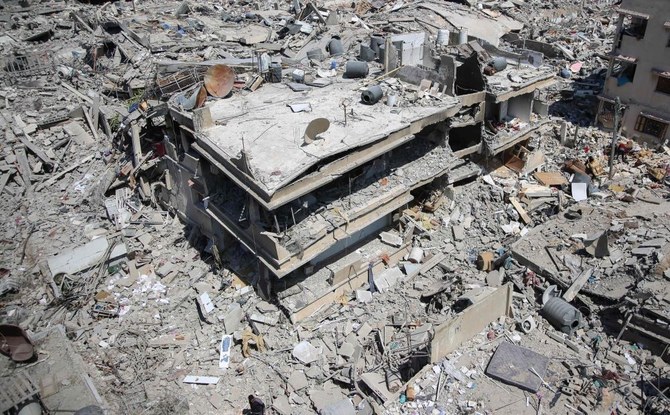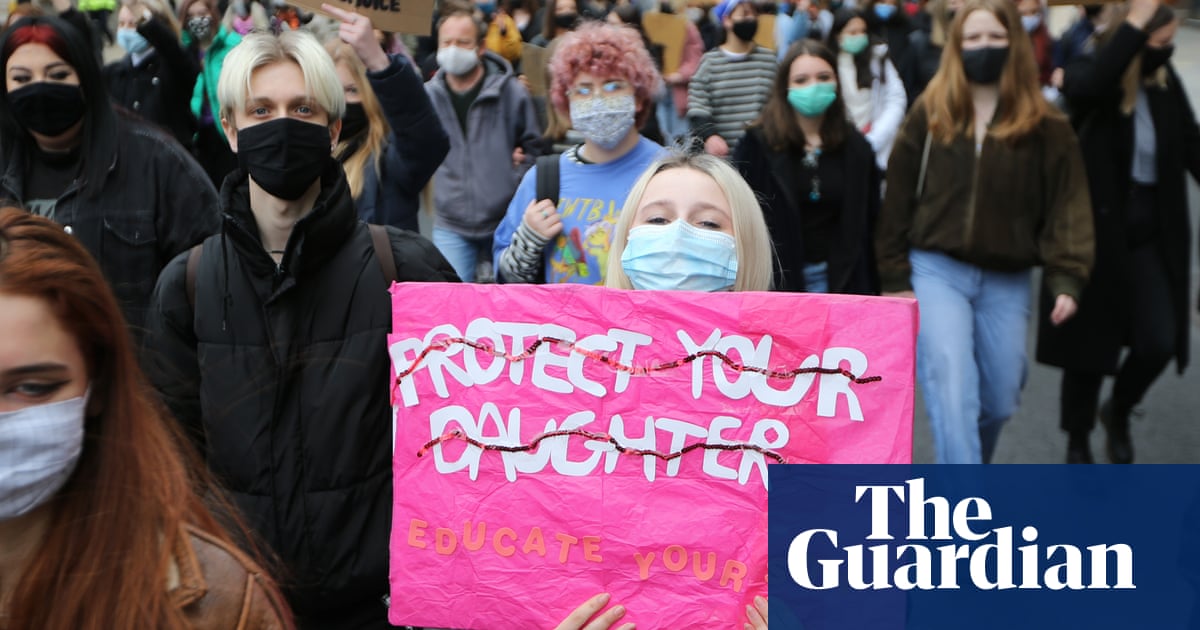
GENEVA (4 July 2024) – UN experts* said today they are alarmed by reports of widespread trafficking in persons, particularly for sexual slavery and exploitation, and rising child and forced marriages stemming from conflict and displacement in eastern Democratic Republic of Congo.
“We are appalled by the numbers reported, at least 531 victims of conflict-related sexual violence from August 2023 to June 2024, in the provinces of North Kivu, South Kivu, Ituri, Tanganyika and Maniema,” the experts said. “Allegations brought to us describe displaced women and girls abducted for the purpose of sexual violence, sexual exploitation or sexual slavery, while looking for food or firewood or involved in farming activities.
“Reports of involvement of security and defence forces in sexual slavery, sexual exploitation, sexual violence and child marriage are a serious concern,” they said.
The reported increase in child, early and forced marriage and the normalisation of this human rights violation was very concerning, the experts said.
The lack of identification of trafficked persons and persons at risk of trafficking and lack of access to protection services is a key concern amid the ongoing conflict and humanitarian crisis.
“We are aware also that this is only the tip of the iceberg. Challenges, such as fear of reprisals by armed groups, social stigma, lack of efficient tracking of abducted victims that may be trafficked, identification, and prompt referral to protection services, as well as widespread impunity, prevent victims from reporting to authorities and UN entities,” the experts said.
Clashes between armed forces and non-state armed groups in provinces such as North and South Kivu are causing massive population displacement, exacerbating protection risks. Humanitarian and civil society organisations struggle to operate in and access these areas, which severely hinders displaced persons’ access to food and education, and protection. Young girls, in particular, face increased risk of being trafficked for sexual exploitation and child marriage.
The experts also expressed concern about the closure of the UN Mission in DRC. “We are worried that with the MONUSCO withdrawal, key components of early warning systems of human rights violations will no longer be operational, significantly limiting human rights monitoring, reporting and investigation,” they said. The DRC government should guarantee the unhindered access of human rights actors throughout the entire territory, to ensure the documentation and prevention of human rights violations, including regarding conflict-related sexual violence and trafficking in persons.
“We urge all parties to the conflict in the DRC, in cooperation with the international community, to actively address such violations and reinforce access to justice and remedies, with a view to tackling impunity as a path to building lasting peace and ensuring accountability for perpetrators of these heinous crimes, in compliance with international law,” the experts said.
They have been in contact with DRC authorities.
*The experts: Siobhán Mullally, Special Rapporteur on trafficking in persons, especially women and children; Tomoya Obokata, Special Rapporteur on contemporary forms of slavery, including its causes and consequences; Dorothy Estrada Tanck (Chair), Claudia Flores, Ivana Krstić, Haina Lu, and Laura Nyirinkindi, Working group on discrimination against women and girls; Mama Fatima Singhateh, Special Rapporteur on the sale, sexual exploitation and sexual abuse of children; Paula Gaviria Betancur, Special Rapporteur on the human rights of internally displaced persons; Farida Shaheed, Special Rapporteur on the right to education
The Special Rapporteurs are part of what is known as the Special Procedures of the Human Rights Council. Special Procedures, the largest body of independent experts in the UN Human Rights system, is the general name of the Council"s independent fact-finding and monitoring mechanisms that address either specific country situations or thematic issues in all parts of the world. Special Procedures" experts work on a voluntary basis; they are not UN staff and do not receive a salary for their work. They are independent from any government or organization and serve in their individual capacity.
For more information and media requests, please contact Clara Pascual de Vargas (clara.pascualdevargas@un.org)
For media inquiries related to other UN independent experts, please contact Dharisha Indraguptha (dharisha.indraguptha@un.org) or John Newland (john.newland@un.org)
Follow news related to the UN’s independent human rights experts on Twitter @UN_SPExperts










